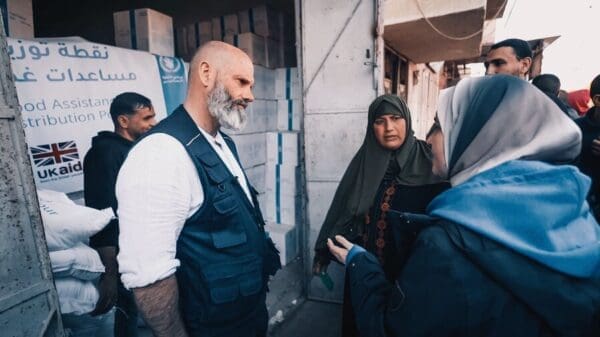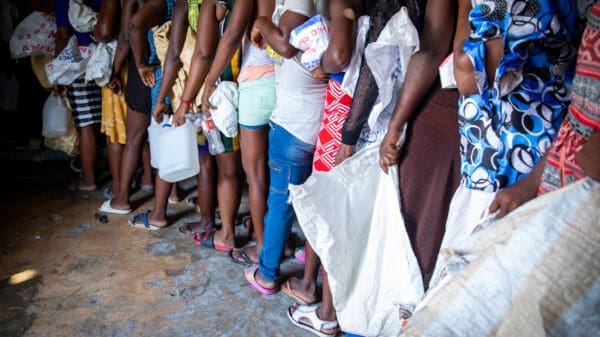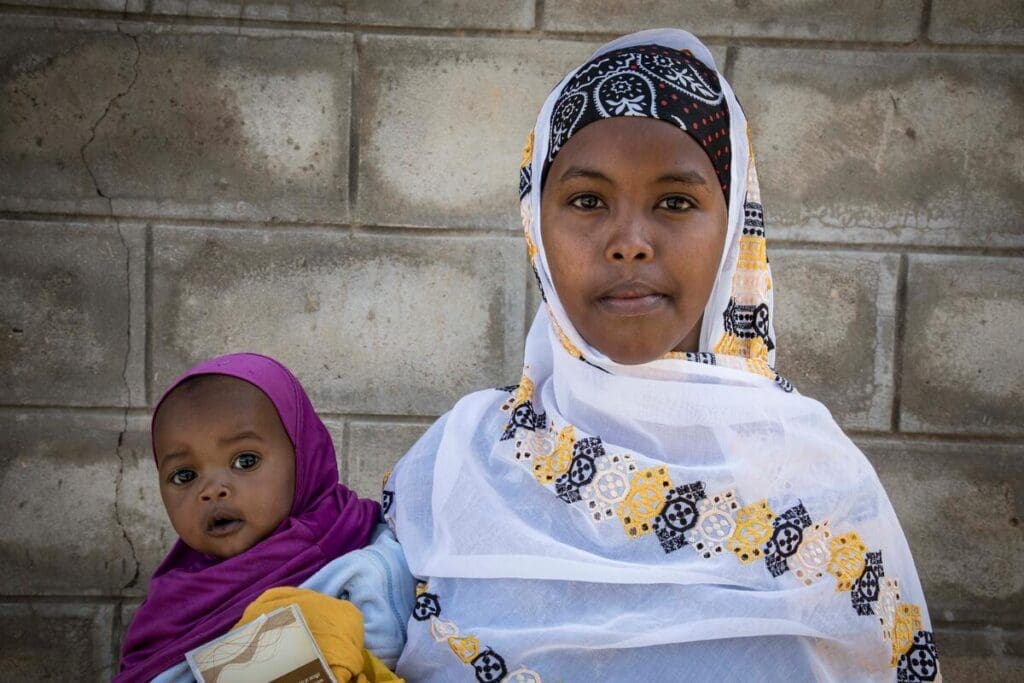
These Are the Top 6 Reasons Women Are Hungrier Than Men Today
Even for something as basic as food, in nearly two thirds of the world’s countries, women are more likely than men to suffer from hunger. Each cause of unequal treatment reinforces the others, trapping women in a cycle of disadvantage, poverty and hunger.
For International Women’s Day, here are the six ways women are hungrier. For food. For equality. For change.
1. Women are more likely than men to live in extreme poverty.
Mainly, this happens because women’s work is underpaid or not paid at all. Even before the COVID-19 pandemic, women took on three times as much unpaid work as men. Globally, women are paid less than men and earn only 77 cents for every dollar earned by men.
This deficit is magnified at home, because when women work they invest 90% of their income back into their families, compared with just 40% for men.
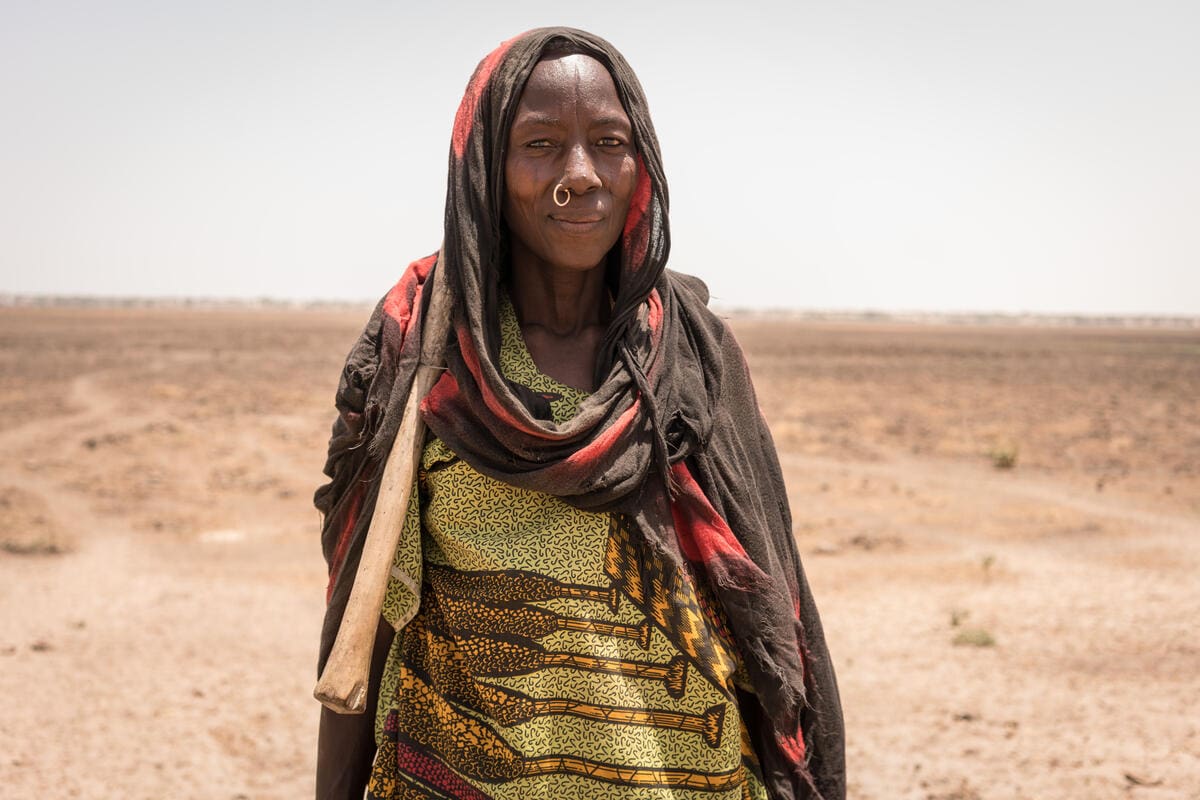
Globally and in every region, the prevalence of food insecurity is higher among women than men.
2. In many parts of the world, women aren’t allowed to own property.
In some, they are property. Even though women occupy such valuable positions as farmers, business owners and entrepreneurs, they are often barred from the rights and resources that men receive. Here’s a prime example: While women are responsible for 60-80% of food production in low- and middle-income countries and half of the world’s food production, they own less than 10% of the land.
Giving women farmers more access to improved seeds, fertilizers and equipment could feed up to 150 million more people every year.
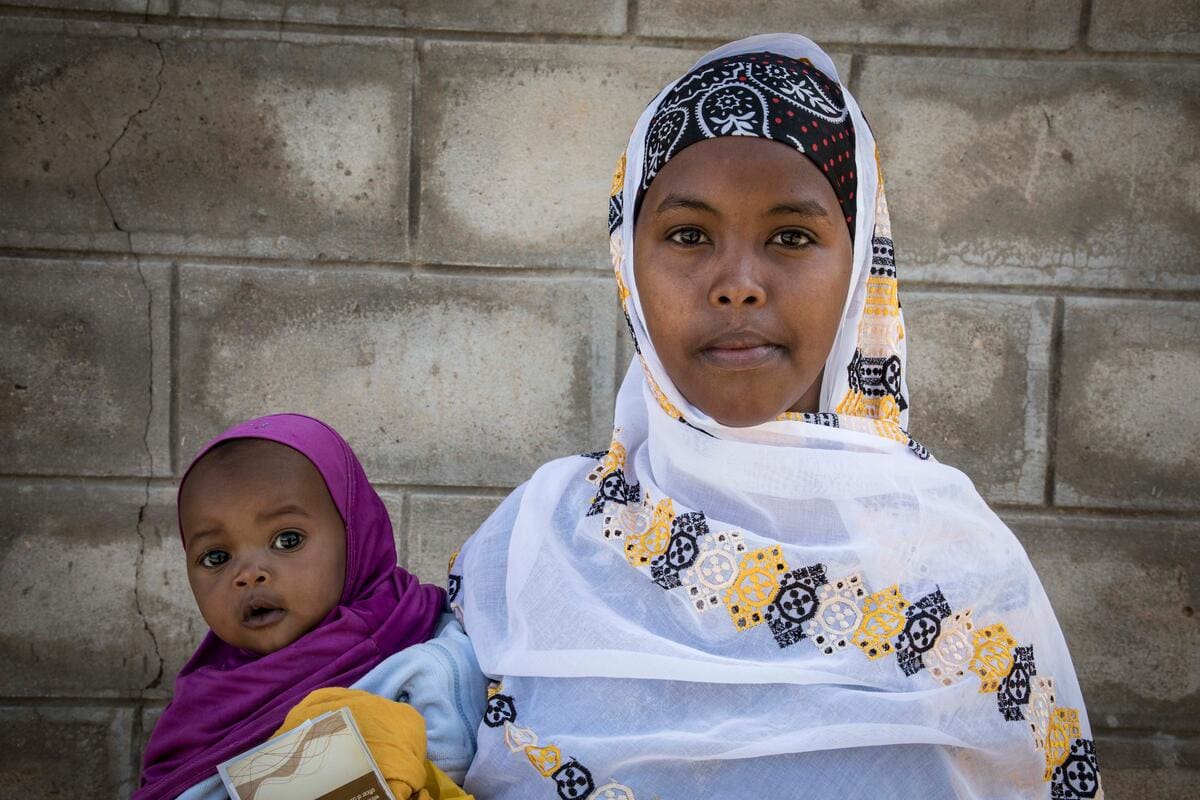
For every 10 hungry men in 2020, there were 11 hungry women.
3. Discriminatory laws perpetuate unequal treatment.
For example, on average, women have only three-quarters of the legal protections given to men during their working life, ranging from employment bans to laws against workplace sexual harassment. It’s worse in the Middle East and North Africa, where the typical economy gives women less than half (47%) the legal rights of men according to The World Bank. In 18 countries, husbands can legally prevent their wives from working.
There are no laws protecting women from domestic violence in 49 countries.
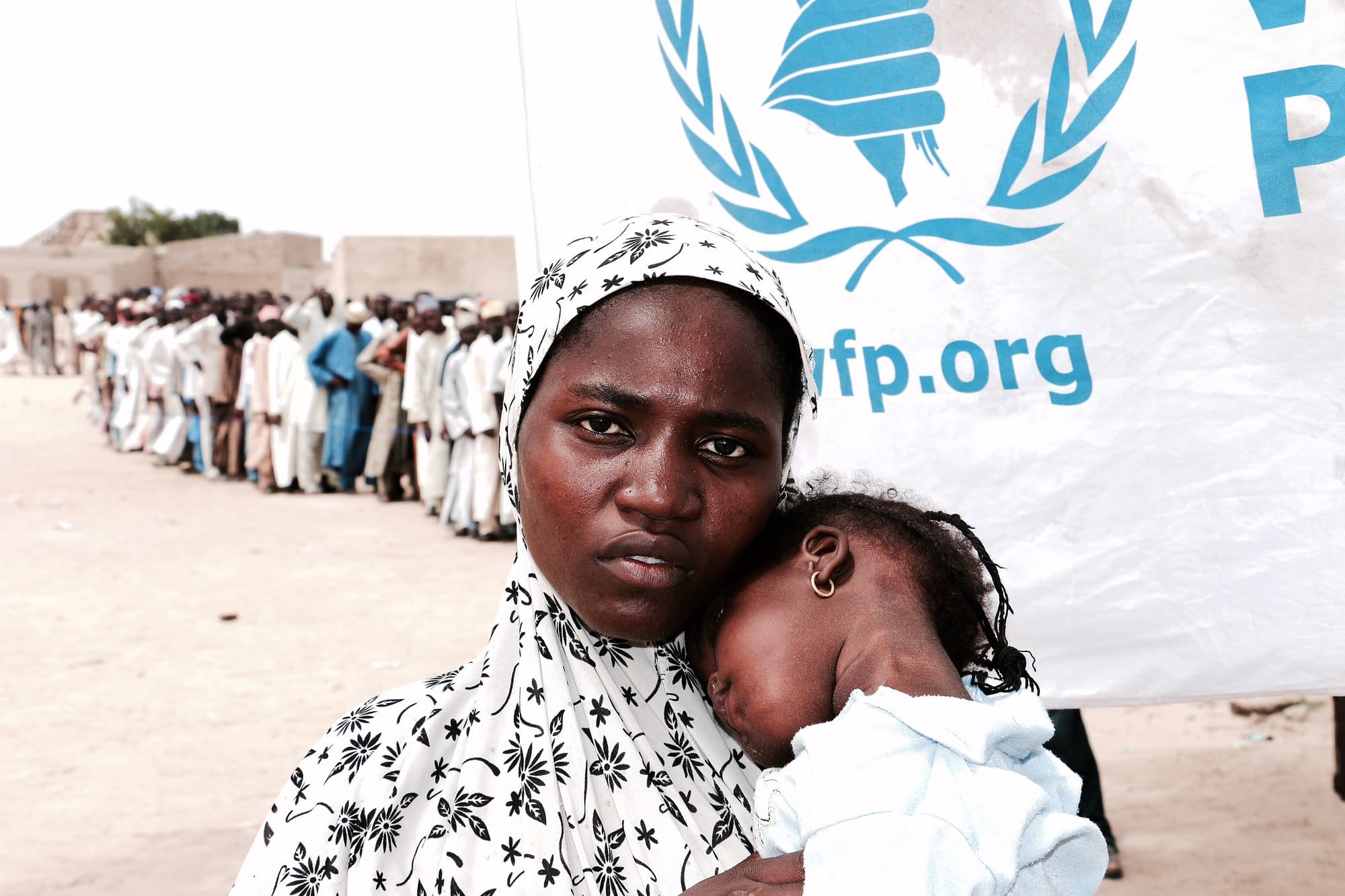
In Nigeria, tens of thousands of internally displaced people rely monthly cash assistance from WFP to feed their children.
4. Cultures and traditions uphold sexist norms.
These norms include extreme practices such as childhood marriage and female genital mutilation (FGM). Traditions like these can have severe implications for their health, cut short their education, curb their potential and make them almost entirely dependent on men. In crises, women are more likely than men to be affected by hunger, and their access to aid can be undermined by gender-based discrimination. In some countries, tradition dictates that women eat last, after all the male members and children have been fed.
Surveys in a wide range of countries have shown that 85 – 90% of the time spent on household food preparation is women’s time.
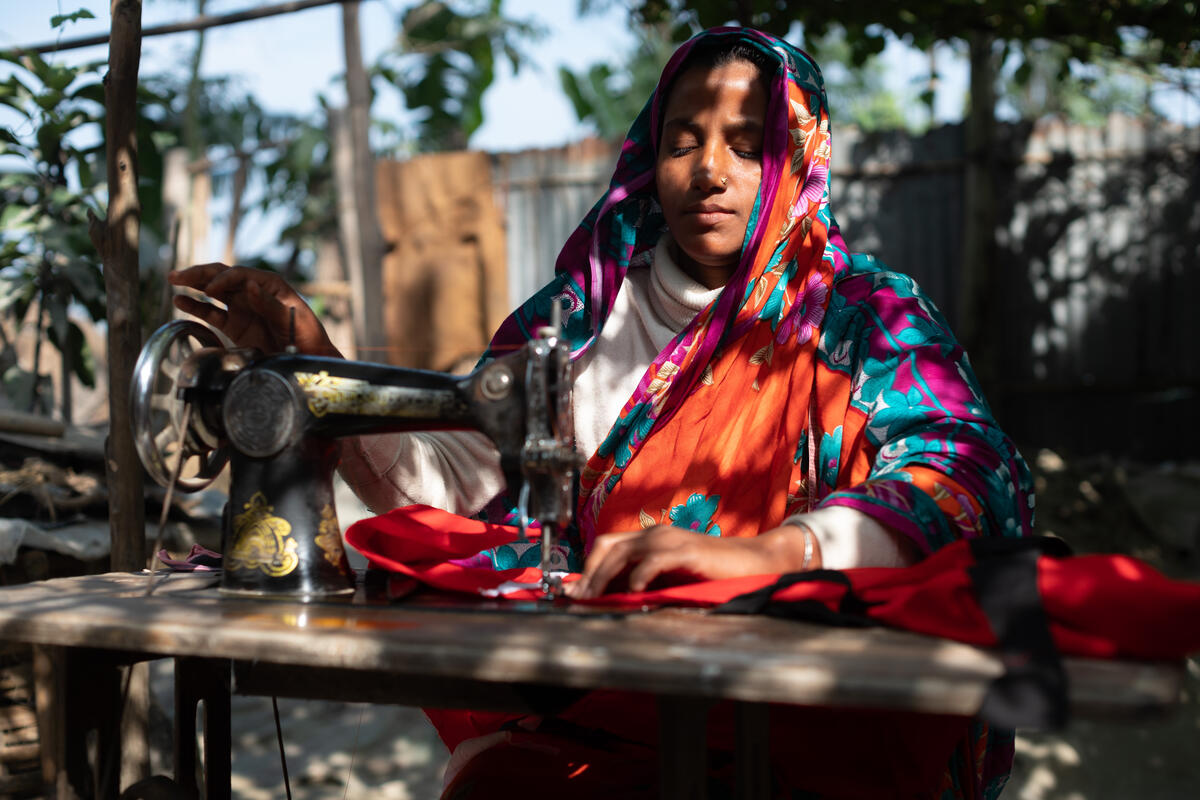
On top of household chores and cooking, Lutfa Begum works as a tailor to support her family. With WFP’s cash assistance, she was able to repair her sewing machine, buy plants and three chickens, and put money aside for food supplies.
5. Menstruation, pregnancy and childbirth make women more vulnerable to ostracism, violence and malnutrition.
In 2019, nearly 30% of women of reproductive age had anemia – a diet-related iron deficiency that can cause organ damage if left untreated. Malnourished mothers are more likely to give birth to underweight babies who are more likely to die before the age of five. The tragic story of 22-year-old Gauri Bayak who died in Nepal after being banished to a “menstruation hut” is a heartbreaking reminder of the price women pay for having a period.
In 2015, more than 300,000 women died in childbirth or because of complications from pregnancy. That’s roughly one woman every two minutes.
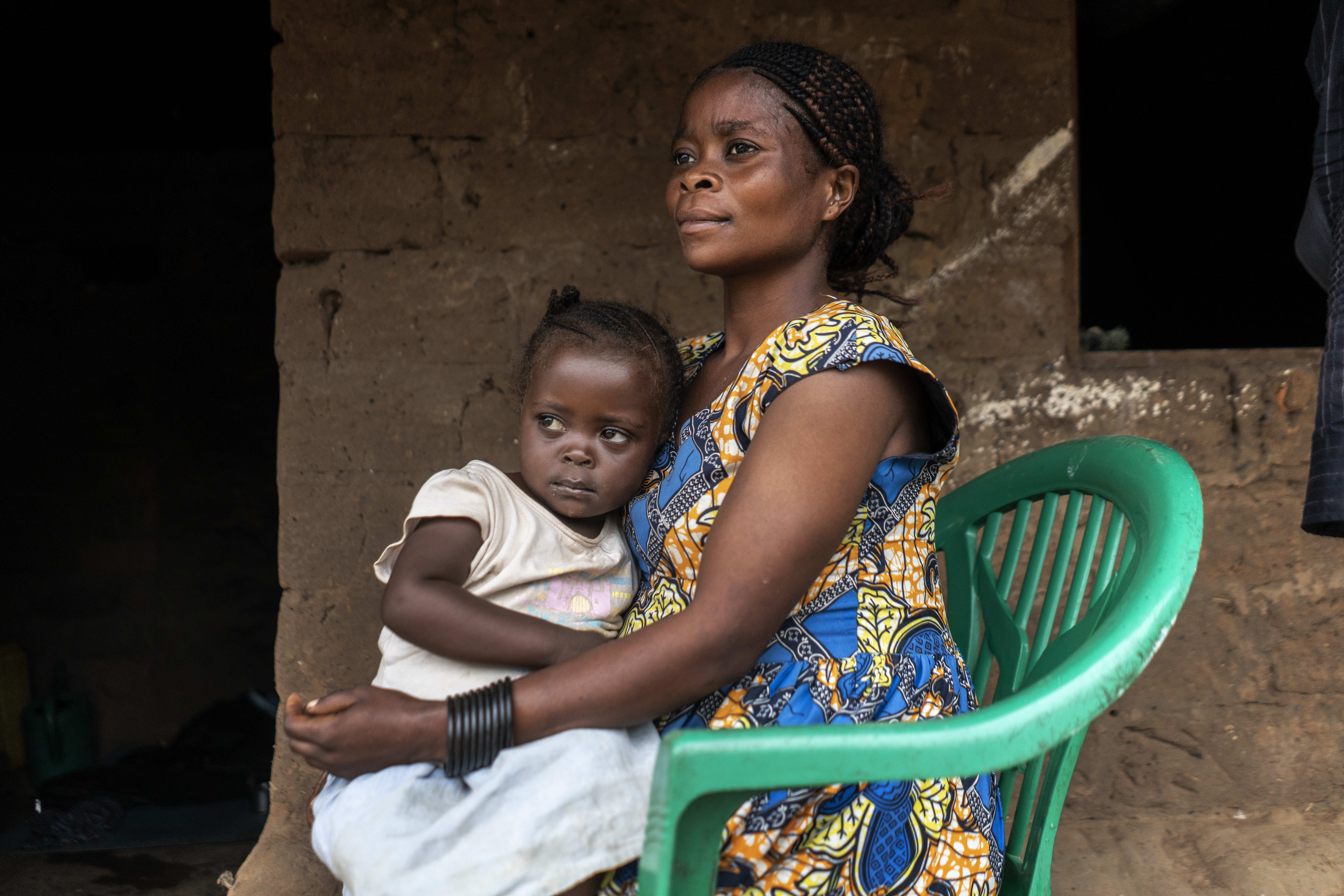
Kisimba and her family fled their village after an outbreak of violence nearby. Upon returning home to find their house and livelihood destroyed, Kisimba began receiving cash assistance from WFP.
6. Boys often receive more resources than girls, especially in education.
In societies that favor sons, girl children may be neglected, denied health care, and receive less or lower-quality food. Boys also tend to go to school more often than girls. This disparity between men’s and women’s access to resources and education keeps women economically and socially disadvantaged. A previous study showed that women’s education contributed to a 43% reduction in child malnutrition over time, while food availability accounted for just 26%.
In 2017, two-thirds of illiterate adults were women.
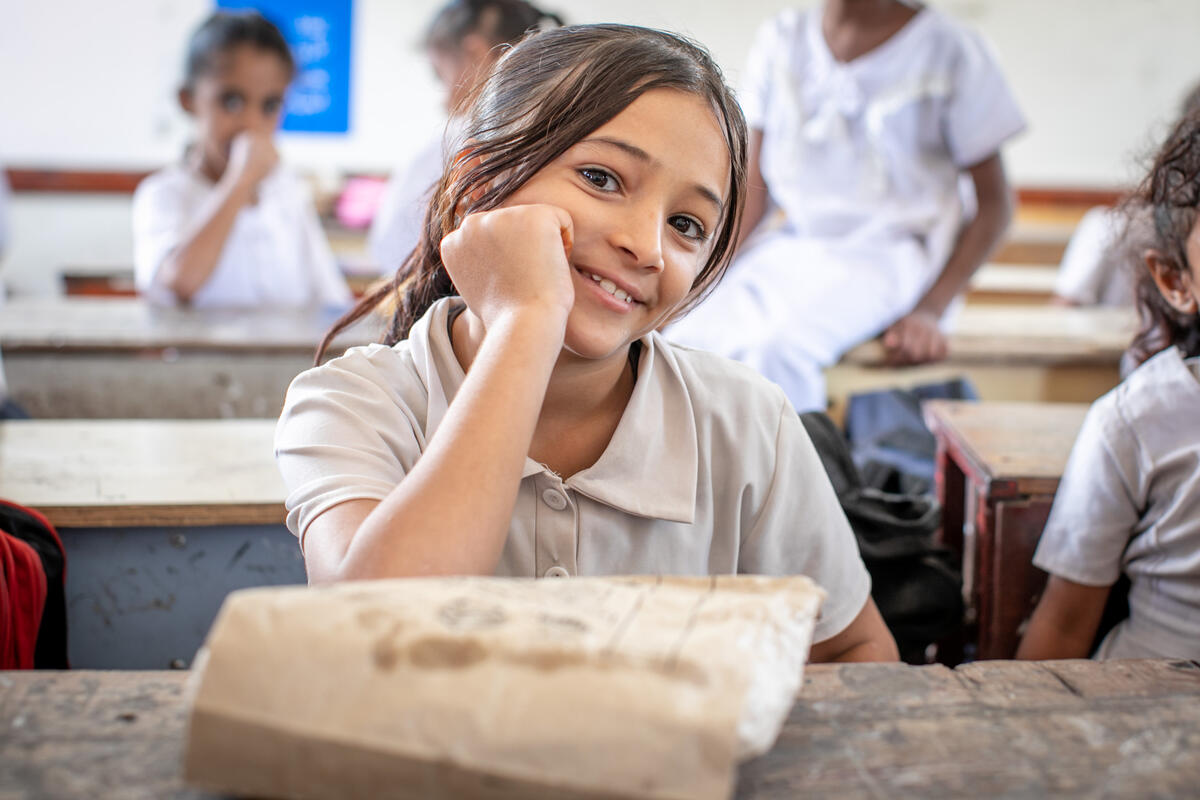
“I like cucumber the most. It tastes good and strengthens the body,” said 11-year-old Entisar who attends school in Aden, Yemen. Thanks to WFP, Entisar and her classmates can focus on their studies instead of their empty stomachs.
Through its programs, the U.N. World Food Programme (WFP) makes sure women and girls have equal access to resources, opportunities and food:
- The First 1,000 Days program targets pregnant and breastfeeding moms, from pregnancy through their child’s second birthday, to help them get the full range of nutrients they and their children need to stay healthy.
- WFP provides school meals to 15 million children, often in the hardest-to-reach areas, helping to keep girls in school. Girls who stay in school are more likely to find a job, be financially stable, have better health, and marry and have children later in life.
- Purchase for Progress provides small-scale farmers – nearly half of whom are women – with training and tools to boost production and grow their businesses. This training helps women improve the lives of their families, become financially independent and participate in local markets.
